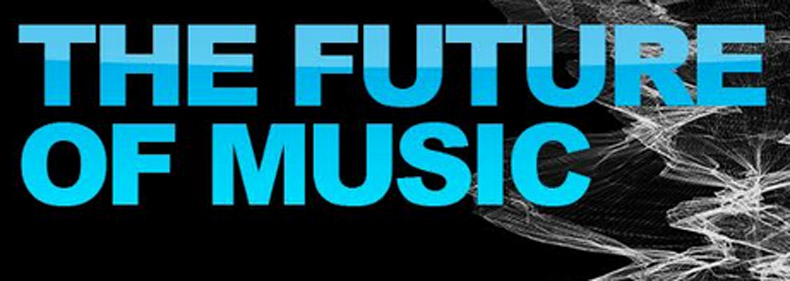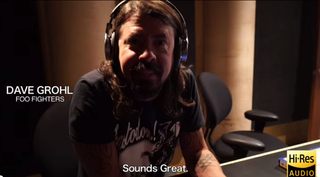
Downton, who was speaking at a Sony 'Future of Music' event, said he saw it as "inevitable" that hi-res audio would become the standard and "insane" that consumers would expect a lesser experience than that on offer in 1983 (a reference to the launch of the compact disc).
The 7digital boss sees connected audio products such as Sonos as crucial for providing the catalyst required for people to upgrade their audio experience - and now that the technology was available to offer hi-res audio streaming, he saw it as inevitable that the leap would be made in a matter of years.
“The first and second stages of digital audio were about personal devices and personal listening as opposed to listening on a connected audio system," said Downton. "We’re at the start of a period where connected systems become the standard as opposed to the niche and the exception. So as people convert their home equipment to affordable products with better DACs and better resolution, then the quality of the file being streamed becomes more important."
"It’s inevitable that hi-res will become the standard at some time. It’s also inevitable that prices will have to drop to make it more than a niche activity. We will be streaming hi-res audio as a normal way of accessing music in a couple of years."
Downton referenced Meridian's fledgling MQA format - in which 7digital has invested - as crucial in the transition: "MQA massively accelerates the process. It means you can upgrade the experience to a 16-bit and 24-bit catalogue in a matter of months. And that’s incredibly exciting.
"Why would consumers expect to get a lesser experience than in 1983? That’s insane. Provided it can be delivered in a way that’s convenient and a price that’s affordable, it’s obvious that we’re going to upgrade. It’s stupid that we’re listening to music that’s compressed when the technology means we shouldn't have to. In three years time we’ll look back and say, 'What was all that fuss about?' It is just a natural evolution."

What does he say to people who say that what they've got is good enough? Or that they simply don't understand the science behind the hi-res numbers?
Get the What Hi-Fi? Newsletter
The latest hi-fi, home cinema and tech news, reviews, buying advice and deals, direct to your inbox.
"From a music fan's perspective, higher quality isn’t about bitrates and science, it’s about a deeper connection with the performance. But we shouldn’t take sound quality too seriously, if it sounds great on YouTube then wonderful, it builds an audience… but it’s a fundamentally different experience when you can really hear the artist."
So as well as the compatible products, more affordable pricing and the necessary technology, what else does hi-res need to move forward? Downton, and Sony, see artist involvement as crucial. Why? "No one believes anything a major record label ever says." That's no doubt why Sony has brought the Foo Fighters on board to champion hi-res audio.
So far streaming subscription services are limited to lossless, CD-quality, thanks to Tidal, Qobuz and Deezer Elite (though the latter is only available in the US or in the UK on Sonos). Apple Music and Spotify only offer compressed music.
But having hinted at a Tidal hi-res service at the start of the year, Meridian and Tidal have since demonstrated the hi-res tech works, successfully streaming hi-res audio using MQA.
So the promise of hi-res streaming becoming the standard within a couple of years suddenly doesn't seem so fanciful. We shall see.

Joe is the Content Director for What Hi-Fi? and Future’s Product Testing, having previously been the Global Editor-in-Chief of What Hi-Fi?. He has worked on What Hi-Fi? across the print magazine and website for almost 20 years, writing news, reviews and features on everything from turntables to TVs, headphones to hi-fi separates. He has covered product launch events across the world, from Apple to Technics, Sony and Samsung; reported from CES, the Bristol Show, and Munich High End for many years; and written for sites such as the BBC, Stuff and The Guardian. In his spare time, he enjoys expanding his vinyl collection and cycling (not at the same time).